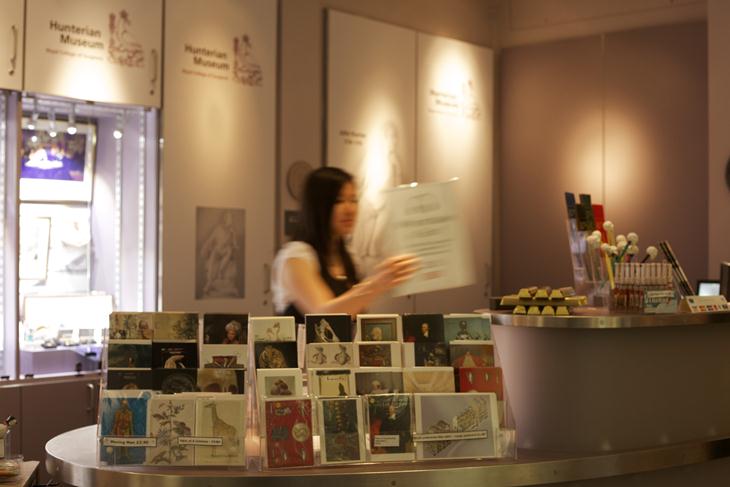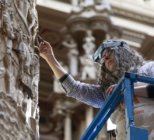Research conducted by Creative & Cultural Skills has highlighted limited entry routes, skills gaps, and a lack of opportunities for skills development as key issues to address.
Volunteering
The majority of people pursuing a career in Cultural Heritage are highly qualified; competition for jobs is fierce, and employers look for practical experience as well as academic attributes in their potential employees.
For the vast majority of aspiring employees, meeting these demands requires volunteering.
Volunteers play a vital part in the sector; many Cultural Heritage organisations simply could not function without the resource of individuals willing to work for little or no pay.
For both aspiring employees and employers, it’s important to know what makes a good voluntary placement – what it can and cannot provide. Placements are most valuable when they offer the chance to learn something new, be it skills, experiences, or networking opportunities.
Be aware that a ‘voluntary’ position is exactly that. Giving up time to gain experience and work in an area that you love can be rewarding. But if an organisation is requiring enough to satisfy the legal definition of a ‘worker’, then volunteers are entitled to be paid.
Apprenticeships
Employers look for volunteering experience as evidence of a candidate’s commitment to a career in Heritage Craft. But the problem with this is clear: many people simply cannot afford to work for free.
The dependency upon volunteers, and the limited access routes that this entails, effectively shuts out many individuals, and the sector suffers from a lack of diversity as a result.
Creative & Cultural Skills believes that apprenticeships are the way forward. Recognised training schemes such as their Creative Apprenticeships go some way to opening up access and increasing diversity.
In addition, apprenticeships allow the industry to have a leading voice in the education of its workforce. For the cultural industries, it is not a case of needing to re-skill or up-skill, but rather about ensuring that individuals emerge from the education system with appropriate skills, ensuring that supply meets the demands of the sector.
Pauline Tambling, Joint CEO, Creative & Cultural Skills, says:
“Apprenticeships allow the employers to have a direct impact on the training and knowledge of future employees, addressing skills gaps and needs highlighted to us by those working in the industry. We’ve had an incredibly positive response from our industry partners, who constantly tell us how much they value their apprentices.”
Professional Development
For the cultural sector to thrive, more must be done to bridge the gap between the education system and industry. Alongside that, more must be done to ensure easily accessible training for those already in the workplace.
Creative & Cultural Skills have outlined how a lack of investment in development opportunities is holding the industry back from reaching its economic potential, as well as restricting its workforce’s ability to nurture and develop skills.
The long term problem with this is that, whilst there is little difficulty recruiting entry-level posts, there are problems recruiting to jobs at middle-management level.
The key to resolving these skills issues is ensuring that the right set of vocational qualifications, apprenticeships and CPD opportunities are in place.
Professional development schemes like the Associateship and Fellowship of the Museums Association and the Professional Accreditation of Conservator-Restorers (PACR) scheme for the Institute of Conservation provide a good framework for people to plan for their own development.
The Museums Association, in partnership with Creative & Cultural Skills, has recently developed a new searchable database of all CPD courses and events in the UK.
This work is part of Creative & Cultural Skills’ wider response to the issues surrounding employment and training culture, as highlighted by their research. This also includes the formation of a new Skills Academy network for Cultural Heritage.
National Skills Academy
The Skills Academy is a network of committed partners from across the sector and education who work together to improve the provision of skills and training. Skills Academy members to-date have created new apprenticeship opportunities for young people, hosted careers events and created sector-specific resources, and are initiating new approaches to CPD and training to get employers the skills they need.
Back to top








